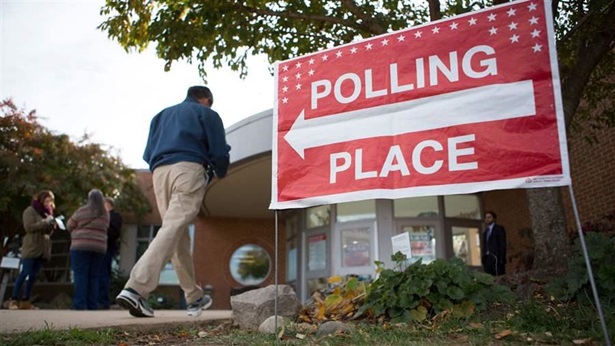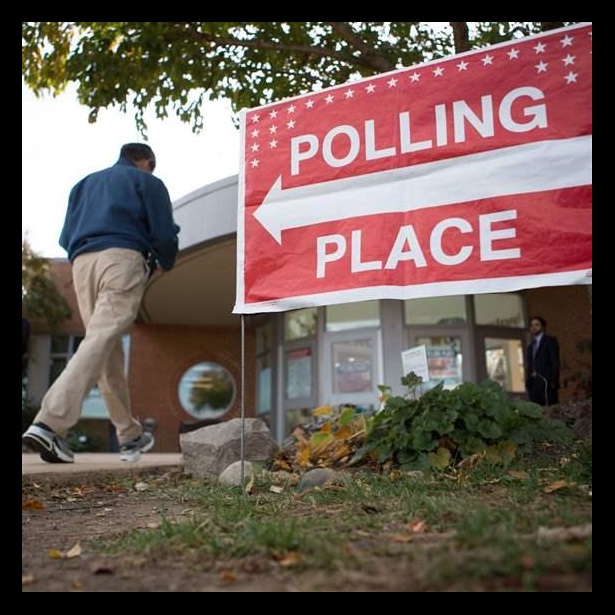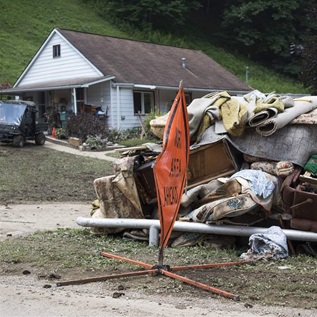VIP Completes Pilot Program in West Virginia
The Voting Information Project (VIP) recently completed its first pilot program in West Virginia, providing the state with a new, streamlined approach to manage, clean, and report its elections and voting data. VIP, a project of The Pew Charitable Trusts, is a partnership with the states and Google to ensure that voters in the U.S. have the official information they need to cast a ballot, such as where to vote and what’s on the ballot.
Many states face significant challenges in delivering complete election data to voters. For instance, some state offices cannot provide the data because they do not receive any ballot information from their counties and municipalities, while others do not compile a statewide list of polling locations. To help states offer voters complete information, VIP can devise tailored systems for collecting, managing, and aggregating comprehensive election data.
In West Virginia, VIP is developing an easy way for the state to manage and clean its polling place, street, and ballot data. According to Dave Tackett, West Virginia’s Statewide Voter Registration System coordinator, “The data has always been available to us, but often in disparate systems, and not always in a uniform format. VIP’s centralization work has shown us how to better aggregate and analyze the information, as well as produced tools that allow us to standardize the data into something useful.”
VIP’s data upgrades in West Virginia include:
- Software that allows the state to create and maintain accurate, standardized street and polling place addresses.
- A mechanism for accepting ballot information from county election management systems using a standard format already employed by those systems.
- An automated process for combining and aggregating election data from disparate agencies and offices at the state level.
States interested in undertaking a similar project can contact Pew’s VIP team at [email protected]. For more information about VIP’s data projects, view our infographic.
Follow us on Twitter using #electiondata and get the latest data dispatches, research, and news by subscribing today.













